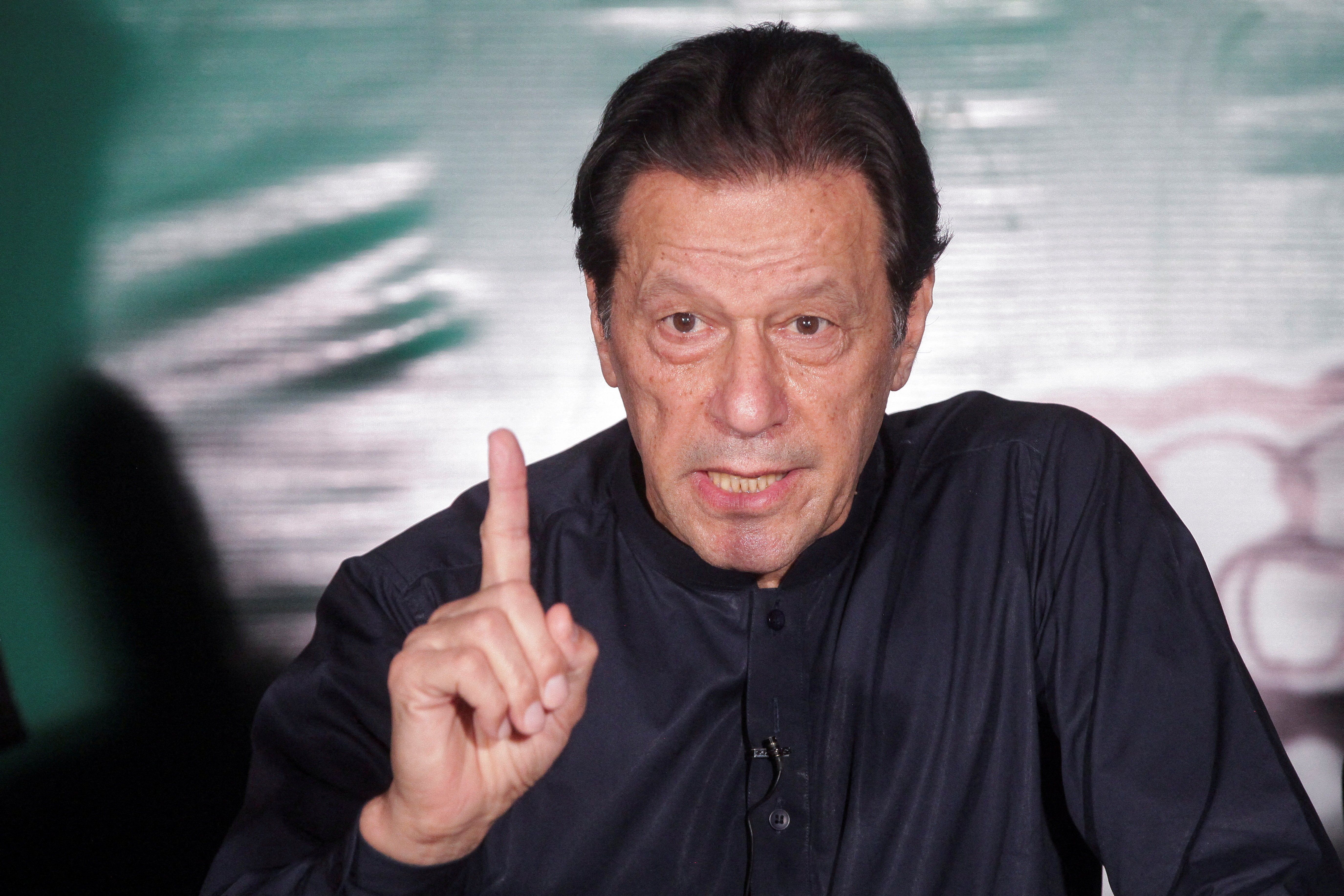August 29, 2023
Pakistan’s dysfunctional politics took another turn on Tuesday when an appeals court suspended former PM Imran Khan’s sentence and three-year jail term for allegedly selling state gifts during his tenure. However, that same court has not overturned that conviction and will decide on whether to set it aside at a later, unspecified date.
Quick background. Khan, the former cricket sensation turned populist politician, was imprisoned earlier this month on graft charges that he says are politically motivated. He was ousted in a no-confidence vote in April 2022, which set the streets on fire. Indeed, polls show that he remains the most popular leader in the country.
The former PM says that the all-powerful military – backed by the US – is behind efforts to block him from power.
Still, Khan, who faces a host of other charges that he denies, has not been released because he faces another hearing on Wednesday related to charges that he revealed state secrets when he waved a government document in the air at a political rally.
So what happens now? Under state law, Khan, who has been banned from running for public office for five years, can only run in Pakistan’s election, set for November, if his criminal convictions are overturned. But this latest decision, which likely allows him to get out of jail while his appeal makes its way through the courts, gives little indication that things are heading that way.More For You
Tune in on Saturday, February 14th at 12pm ET/6pm CET for the live premiere of our Global Stage from the 2026 Munich Security Conference, where our panel of experts takes aim at the latest global security challenges.
Most Popular
Think you know what's going on around the world? Here's your chance to prove it.
- YouTube
At the Munich Security Conference, the mood is clear: Europe no longer assumes the United States will lead. In this Quick Take, Ian Bremmer reports from Munich, where this year’s theme, “Under Destruction,” reflects growing anxiety that the US itself is destabilizing the transatlantic alliance it once anchored.
Every year, the Munich Security Conference, the world’s leading forum on international security, releases data that sheds light on how citizens view global risks.
© 2025 GZERO Media. All Rights Reserved | A Eurasia Group media company.
